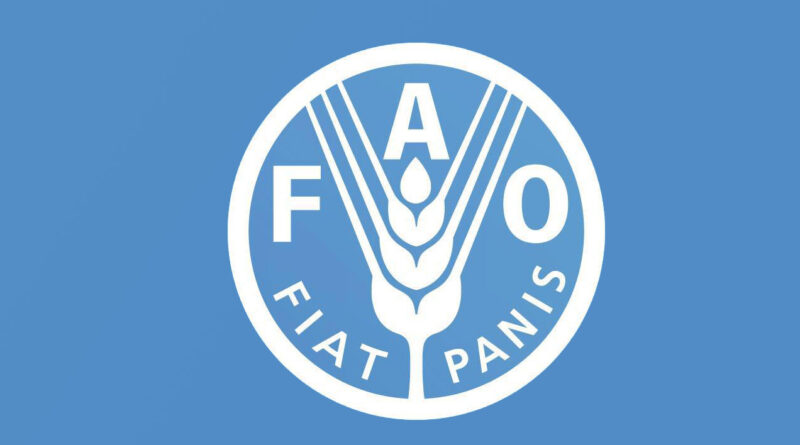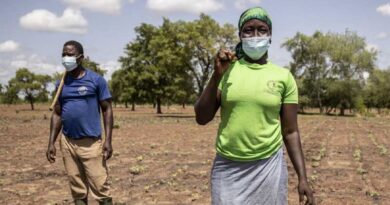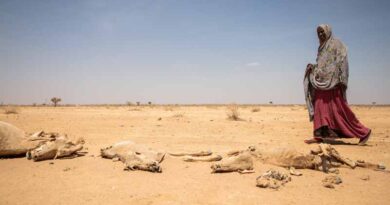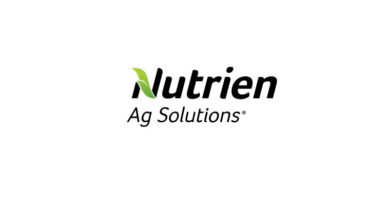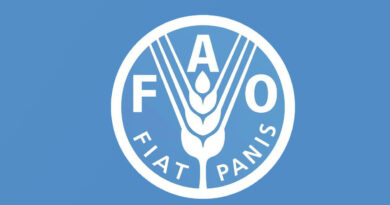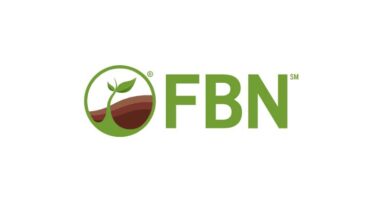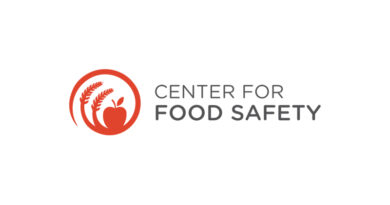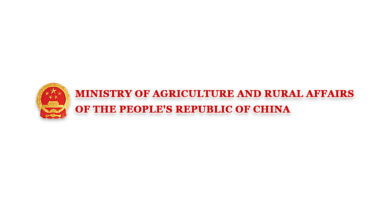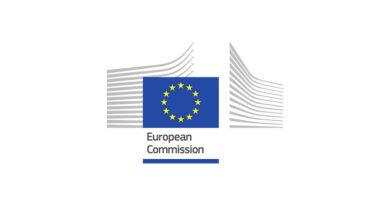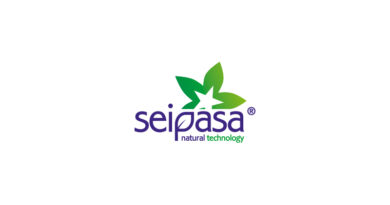Strengthening animal health emergency responses in Eastern Africa
28 March 2022, Zanzibar: The Food and Agriculture Organization of the United Nations (FAO) trained twenty future trainers drawn from four Eastern Africa nations (Ethiopia, Kenya, Tanzania and Uganda) on emergency preparedness and management.
The training acquainted participants with the methodologies of the Good Emergency Management Practice (GEMP) Manual, aiming at strengthening emergency management capabilities, particularly in the animal health domain.
Based on the Manual, participants were exposed to new tools and methods linked to emergency management, that range from advocacy to field operation management, along a progressive pathway for emergency preparedness (PPEP).
The training programme also helped participants review countries’ experiences in animal health emergency management capacities, gaps and best strategies. The National Avian and Pandemic Influenza Emergency Preparedness and Response Plan and the National Rift Valley Fever Emergency Preparedness and Response Plans of Tanzania was among the case studies reviewed.
Opening the training workshop, Assistant FAO Representative (Programmes) in Tanzania, Charles Tulahi, affirmed that the “GEMP training of trainers workshop comes at a time when FAO Tanzania is developing its own Manual as part of the Global Health Security Program (GHSP). The GEMP tool will serve as an additional guiding tool on how to design programmes related to animal health emergencies”.
FAO’s Emergency Management Centre for Animal Health (EMC-AH) Representative, Etienne Bonbon, on his part, highlighted the fact that the workshop would enhance the capacities of the participating countries in emergency management in the animal health sector through a “One Health” approach, involving veterinarians, public health experts and environmentalists.
The GEMP Manual in disease emergency in the animal health sector
A disease emergency is one of the most challenging situations a veterinary service can face. This calls for a well prepared veterinarian service that can achieve rapid and cost-efficient control. Responding to this call, FAO Emergency Management Centre for Animal Health (EMC-AH), in collaboration with the FAO Emergency Centre for Transboundary Animal Disease Control (ECTAD), has developed the GEMP Manual, which was recently revised to include such themes as “One Health”. The updated version of the GEMP Manual takes into account the different phases of an animal health event and the actions that should be implemented. GEMP’s scope is not confined to emergencies related to naturally occurring infectious diseases; it also covers natural disasters and cases of intentional use of biological pathogenic agents.

